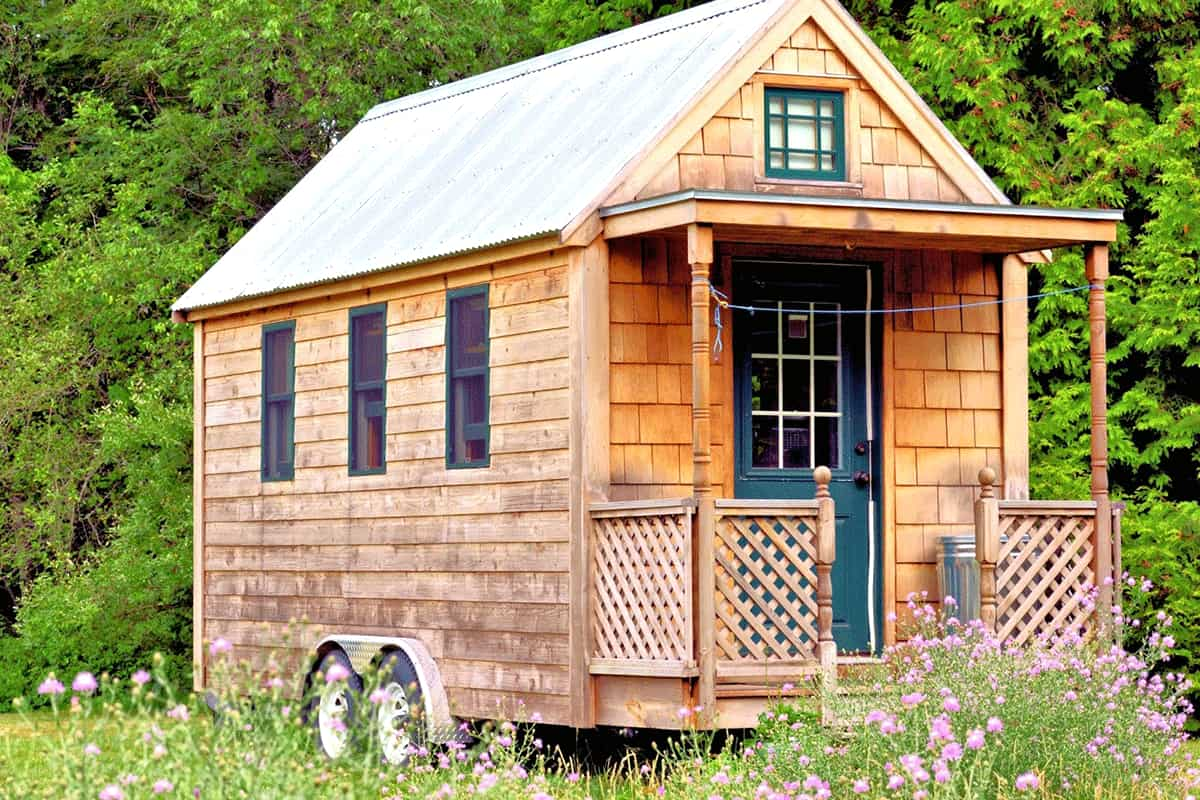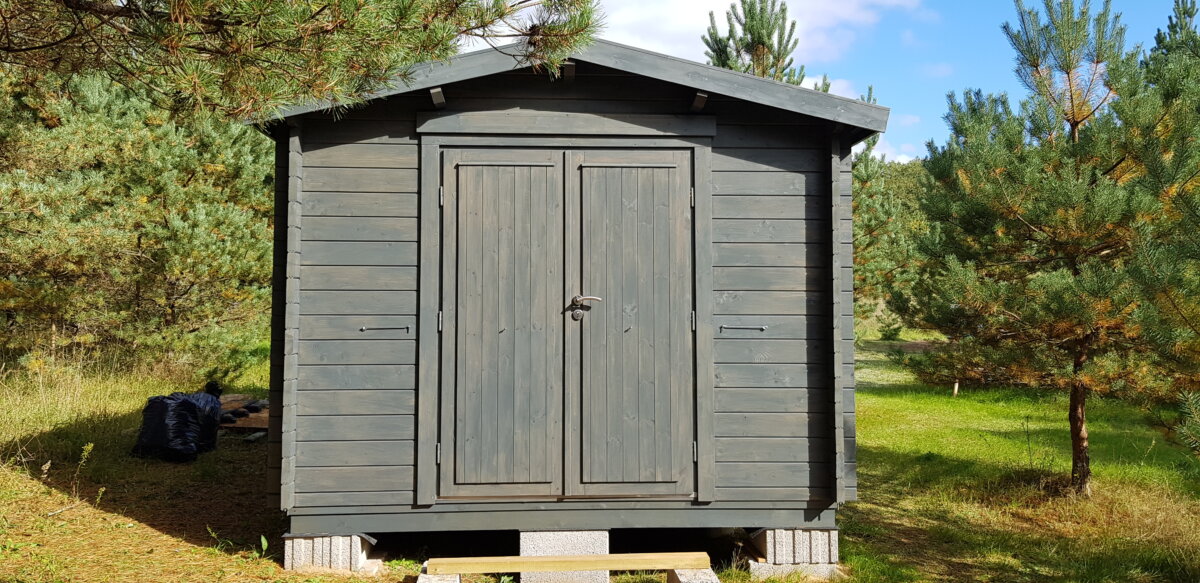
Thinking of placing a mobile home on rustic land in Spain? It’s an increasingly popular idea thanks to lower costs, quicker setup, and greater flexibility. But while it may seem like a simple solution, Spanish law imposes strict limitations, especially on non-urbanised plots. In addition, there is a certain legal confusion surrounding these mobile homes, creating confusion and making it even more important to know exactly what can and cannot be done.
In this article, we’ll cover what the law says, when it might be allowed, and what legal grey areas you should be aware of to avoid costly mistakes.
Table of contents:
|
Rustic land, also known as non-developable or rural land, is designated to preserve traditional land use like agriculture, forestry, or livestock. It’s not meant for residential or urban development.
These plots typically lack key infrastructure such as sewage, potable water, lighting, or paved road access. For that reason, permanent residential construction is usually prohibited, with only a few narrowly defined exceptions.
A mobile home is a prefabricated dwelling built to be transportable. Since it’s often mounted on wheels and doesn’t require a permanent foundation, it’s generally considered movable property rather than a fixed structure.1
However, this can change quickly. If the mobile home is installed permanently, connected to utility networks, or rests on a fixed base (like a concrete platform), it may be reclassified as a building. In that case, you’d need planning permission just like for any traditional home.
In general, residential buildings are not allowed on rustic land, but there are exceptions:
Interpretation often falls to the local municipality, meaning rules may vary widely depending on the region.
In some areas, like Galicia, local regulations are particularly strict. According to Galicia’s land use law, camping is banned outside authorised areas, including any form of temporary accommodation like mobile homes. On rustic land, overnight stays are often limited to a single night.
One of the biggest issues surrounding mobile homes is the legal ambiguity. Many local zoning laws don’t explicitly mention these types of dwellings, leaving them in a sort of legal limbo.
This may seem like an advantage – “not regulated” doesn’t mean “prohibited,” right? But this is a gamble. If a complaint is filed or an inspection occurs, the final decision rests with the city council or local technician. They will decide whether the installation is legal, illegal, or punishable.
César García, director of Acounsel Abogados (Acounsel Attorneys), warns that installing a mobile home without a license can result in two disciplinary proceedings: one for not having a license and another for altering land use, if it is considered to be permanent.
Placing a mobile home on rustic land without proper authorisation can lead to:
One notable case occurred in Gijón in 2012, where a resident was convicted for installing a mobile home on a concrete platform as a second residence. The fixed nature of the installation led to it being classified as illegal construction.
In general, the types of buildings you can build on rural land are usually related to agricultural or livestock activities. Think warehouses, stables, or shelters that are linked to the use of the land.
However, in some cases, it is actually possible to build a wooden house on rural land – provided that very specific conditions are met and the corresponding permits are obtained.
For example, in Andalusia, the Law on the Promotion of Territorial Sustainability, in force since December 2022, authorizes the construction of a single-family home on rural land if the plot has a minimum area of 2.5 hectares (25,000 m²), does not exceed 1% of the land occupancy, and does not exceed a maximum height of 7 meters (or two floors). In addition, only one single-family home is allowed per plot, which must be located at least 100 meters from other buildings and 25 meters from the boundaries, among other requirements.
In these circumstances, it is advisable to consider options such as the wooden houses offered by Casetas de Jardín 24, designed to adapt to both residential projects and recreational uses in rural environments.
On the other hand, if what is needed is an auxiliary structure, such as tool sheds, workshops, or spaces to support work in the countryside, without residential use, garden sheds are a practical and aesthetic solution.

Installing a mobile home on rustic land may seem like a shortcut, but it’s not without serious risks. While in some situations it’s possible to legally place one, this depends heavily on local regulations, the mobility of the unit, and whether or not permanent alterations have been made.
Because the rules vary across Spain and enforcement depends on your local municipality, the safest route is always to consult a specialized urban planning expert or architect and your city council before taking any action.
Used sources: